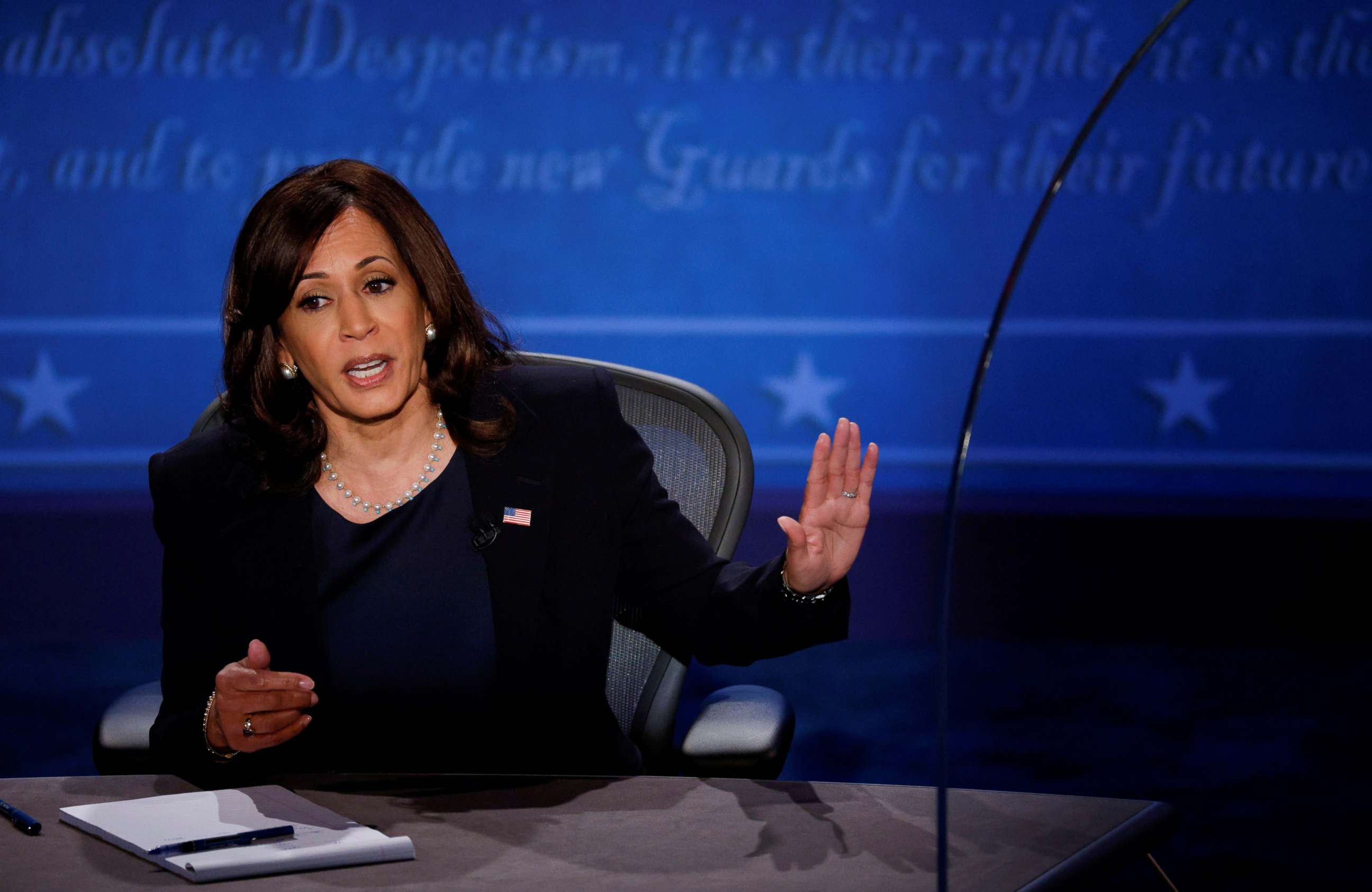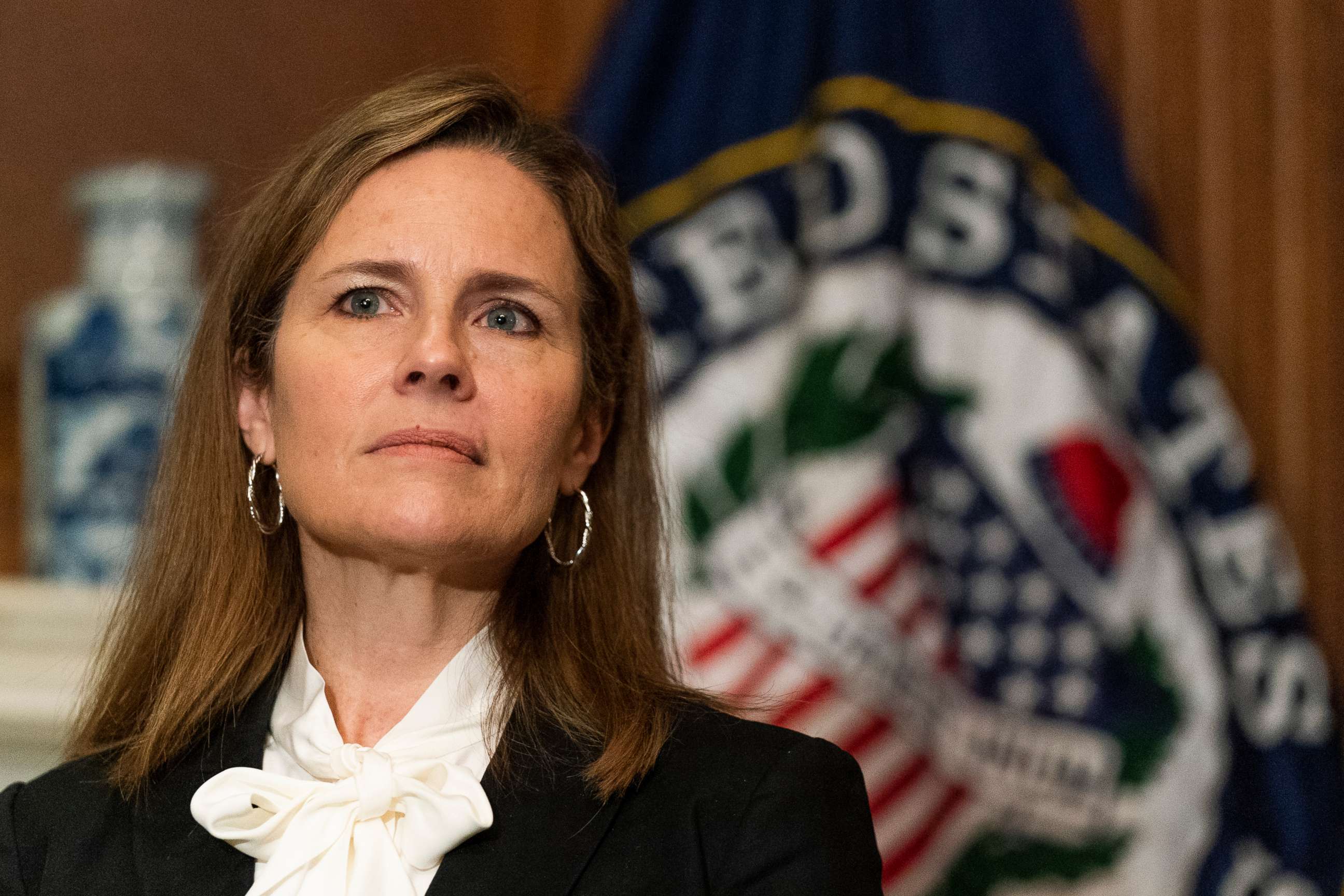What does it mean to 'pack' the Supreme Court?
Democratic nominee Joe Biden and running mate Sen. Kamala Harris have faced growing pressure from Republicans to say whether they'd try to 'pack' the Supreme Court if Democrats were to win the White House and control of Congress in November, after both candidates have repeatedly dodged questions on the issue.
"You will know my opinion on court-packing when the election is over," Biden has said. "The moment I answer that question, the headline in every one of your papers will be about that rather than focussing on what's happening now. This election has begun. There's never been a court appointment once the election has begun."
What does it mean to 'pack' the Supreme Court?
The idea of adding more justices -- or what critics call "packing" the court to secure a desired majority -- is not unprecedented but has taken on new life with the death of Justice Ruth Bader Ginsburg and the Senate confirmation hearing for Judge Amy Coney Barrett.
Some Democrats -- including Senate Minority Leader Chuck Schumer -- and progressive groups have threatened to try to add justices to counter the effort by President Donald Trump and Senate Republicans to get Barrett confirmed before Election Day.
So, can a party in power really "pack" the court?
-ABC News' Devin Dwyer






